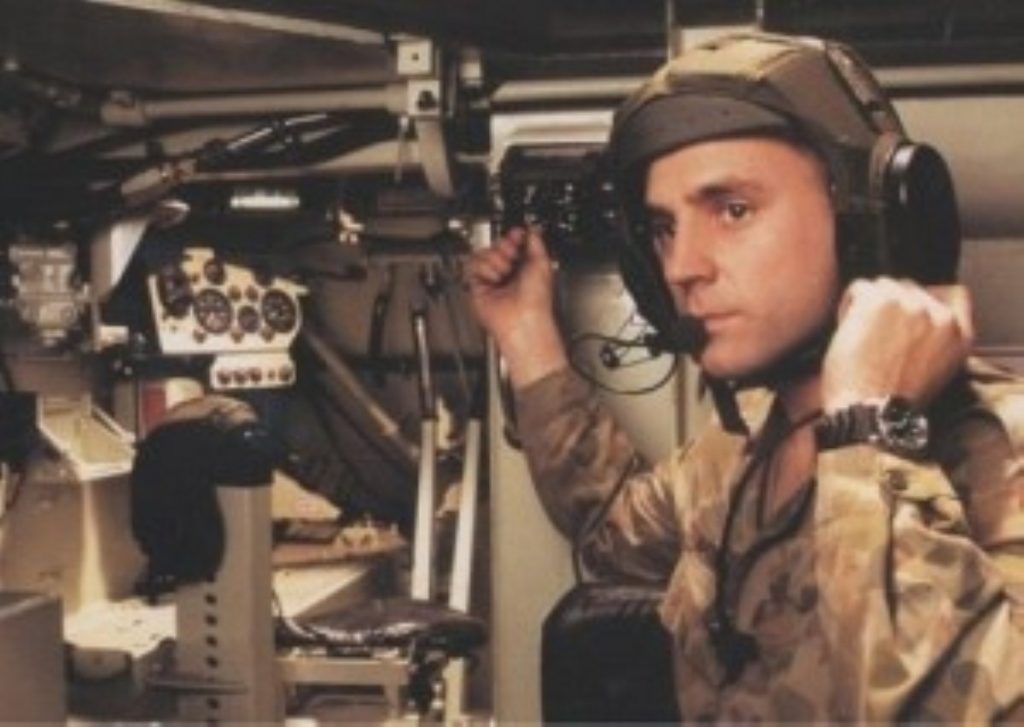Further kit troubles for MoD
More than 100 Royal Marines injured on a cold weather training exercise have returned to the UK amid claims they were issued with inadequate sleeping bags.
The Ministry of Defence has confirmed that eighty Royal Marines have been flown home from training in Norway with cold weather injuries.
A further 46 Marines injured in activities like skiing have also been brought back to Britain after three weeks of operations.
The MoD claims that, due to deployments in Afghanistan and Iraq, it is four years since the last winter warfare exercise and “skills in winter warfare have been reduced somewhat”.


The ministry said the cause of the injuries were not known and insisted soldiers were supplied with some of the best kit in the world, but the Marines are believed to have suffered from frostbite as a result of substandard kit.
However, Colonel Lars Sundnes, of the Norwegian army, told the Mail on Sunday: “Their sleeping bags are not good enough. A lot of their equipment should be better to survive in the conditions. Their equipment is not as good as ours.”
Around 2,300 marines are involved in the month-long exercise.
An MoD spokesman admitted that “the number of personnel returning home is slightly higher than normal”, but insisted that this was due to a new policy of bringing all injured troops home for treatment.
He also revealed that some of the troops had bought their own sleeping bags to help cope with the freezing temperatures. Many of the sleeping bags issued by the MoD are reported to be as many as ten years old.
The issue of Army kit recently caused a storm after Sergeant Stephen Roberts was killed on duty in Iraq after being ordered to return his body armour to be distributed to other soldiers.
Sgt Roberts’ widow Samantha called on defence secretary Geoff Hoon to resign over the failures.
In December 2003 a National Audit Office report found frontline forces were left without vital kit during the Iraq War because of supply failures.












